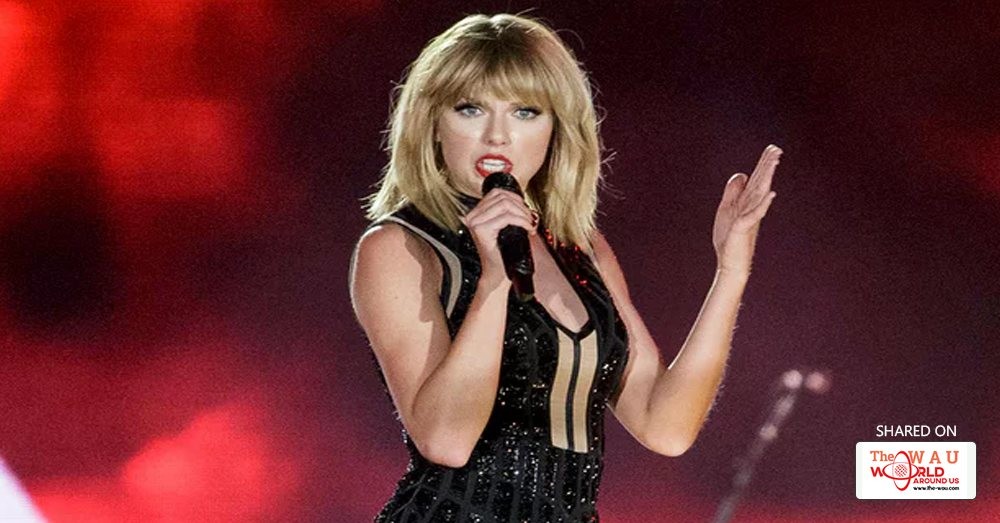Taylor Swift has been victorious in her court case against David Mueller, a Denver DJ who, a jury decided, groped the pop singer by putting his hand up her skirt at a meet-and-greet. His girlfriend stood unaware alongside Swift.
Swift initially absorbed the shock so she could continue the meet-and-greet session, but later made Mueller have his day in court, countersuing him after he sued her for $3m. He had argued that he did not grope her, and had lost his job due to the accusations.
Mueller will likely howl that the jury was prejudiced in favour of the glamorous, starry Swift, but given the lack of truly overwhelming evidence, it was actually a risk for her to take on a case that comprised one testimony against another. The suit wasn’t for money – Swift’s claim was a symbolic $1 – but rather a high-profile statement announcing that women can stand up to harassment.
She doubled down that sentiment in the wake of the trial. “My hope is to help those whose voices should also be heard,” she said, promising donations to “multiple organisations that help sexual assault victims defend themselves.”
Swift has defended herself before. Years after Kanye West interrupted her win at the 2009 MTV VMAs, the rapper said on his track Famous: “I feel like me and Taylor might still have sex / Why? I made that bitch famous.” Swift alluded to the lyric in another award acceptance speech: “I want to say to all the young women out there: there are going to be people along the way who are going to try to undercut your success or take credit for your accomplishments or your fame.”
On the one hand, this was a very public statement of female empowerment. But despite the overture to “young women out there”, ultimately it was about “fame”, with relatively little to do with most young women’s lives. Its impact was also dulled by West’s own stardom, becoming merely another gossipy chapter in their tete-a-tete.
Her best-friends “squad”, meanwhile, came across as a bunch of beautiful, successful women having a great time on the other side of a velvet rope, rather than a wider affirmation of sisterhood.
This trial is very different, about a decidedly prosaic and earthbound bit of leering that any woman can recognise. In taking on the case, Swift has made a truly universal political statement, and one that many people have been clamouring for. She has 85m Twitter followers, another 102m on Instagram, and enough clout that one picture of an inflatable swan can cause an uptick in Primark revenues. But she has kept these very public channels apolitical. She stayed quiet during the Trump-Clinton election and over the upheavals surrounding Black Lives Matter, and eroded her black fanbase as a result of the latter. She tweeted about the Women’s March in January, but was criticised for not attending.
Extreme cynics will say that her fight against Mueller is engineered to reverse these perceptions in an era when being “woke” has major cultural currency. A more modulated argument is that the groping case, as with the response to Kanye West, shows that Swift only engages with social issues when they’re routed directly through her own life – that she responds to sexism only when she can best leverage social capital from it – ie when the story is entirely about her.
However political she becomes, Swift will always face arguments like these. She is now too famous to ever be universally adored; she reaches us through a storm of white privilege, aggrieved Katy Perry fans, and endless side-eye about her string of famous boyfriends, with objectivity swept aside. Her stand against Mueller won’t substantially change how people feel about her.
But her stance is enormously valuable in its visibility and newfound clarity, and it marks a shift in her priorities. By taking on the hard, potentially humiliating work of a trial, she moves her feminism from the stage to the floor, and at 27, her political stance still has years to gather strength and nuance. She’s always been a great singer – but she may only now have found her voice.
Share This Post















